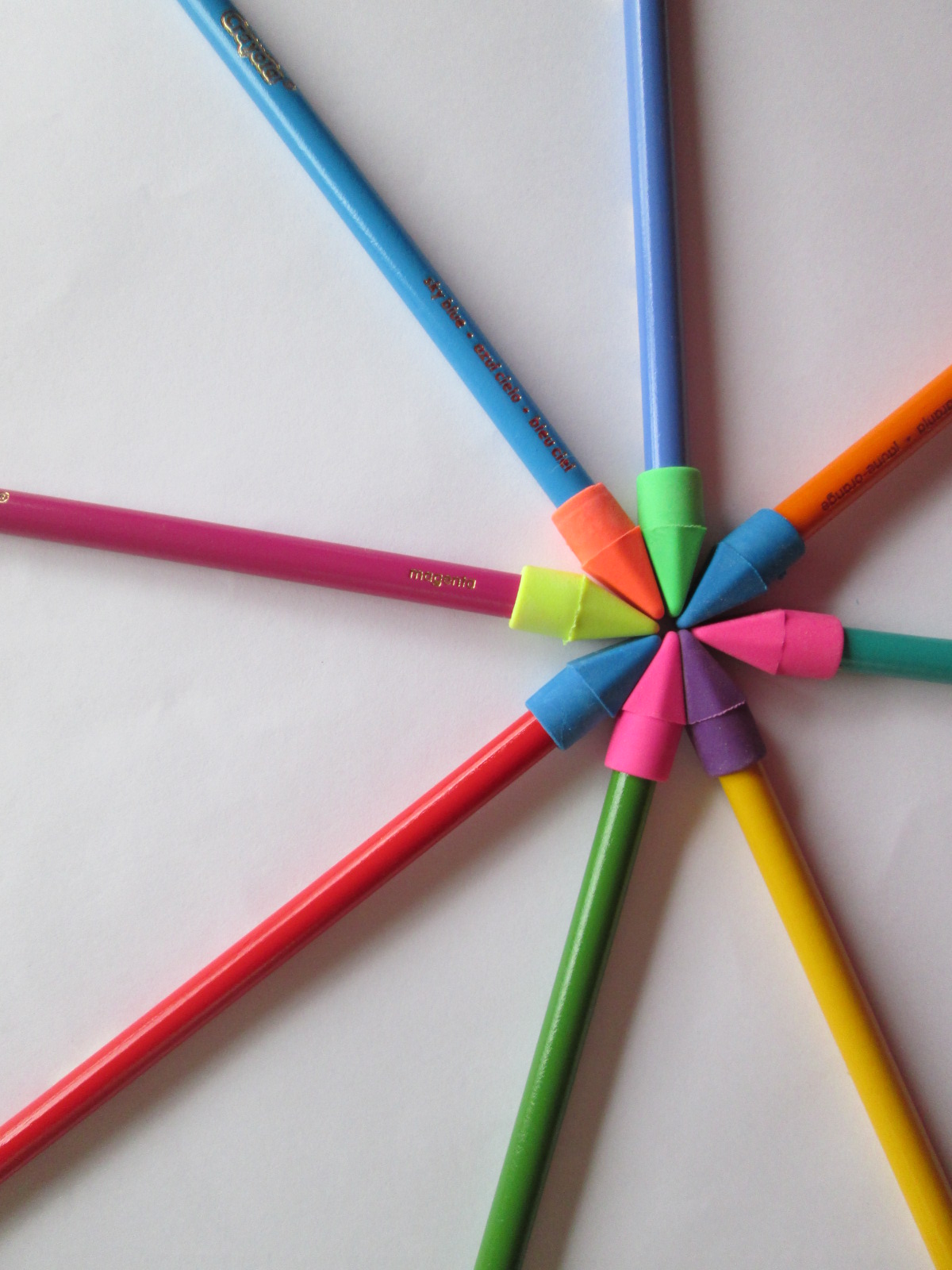Keeping a time sheet sounds like a needless, stifling, and altogether gross task that could shift your creative writing focus and undermine your inner artist. I avoided this devil for a long time. After all, as long as you write to the best of your ability, why would it matter how long it takes?
It matters.
Time is important. A book may take 6 months or 6 years to complete depending on the amount of time you invest into researching and writing it. But you won’t know how much time you actually invested in it if you don’t keep track. A time sheet may not change how long it takes to complete your work, but it will make you a more informed writer.
And information is motivating.
Say a project takes 8 hours to complete. (This is something you won’t know, by the way, if you don’t keep track.) You have the option to tackle it in different ways:
![]()
This example is not entirely fair. You will not get the exact same results if you write for an hour at a time or 4 hours at a time. But creating a time sheet to track your writing will help you begin to see patterns, find your rhythm, and enjoy your craft.
It can also motivate you to keep writing. You will have proof each day that you are moving forward and your work is not sitting on the shelf. If you don’t have an editor, agent, or publisher in your life (and honestly, even if you do) you don’t have someone waking you up in the morning telling you to write. You need to make the choice for yourself.
Keeping on track as a writer can be challenging. You have to be the boss and the worker bee at the same time. I don’t know of a business out there that doesn’t track the time their workers put into each day because time is valuable.
As you invent your story, keep track of the time you invest in it. You, your time, and your story are worth the effort. Using this tool may streamline your writing to be more efficient and effective, but I think the most rewarding part is the ability to look back one day and see how far you’ve come.
Happy Writing!












